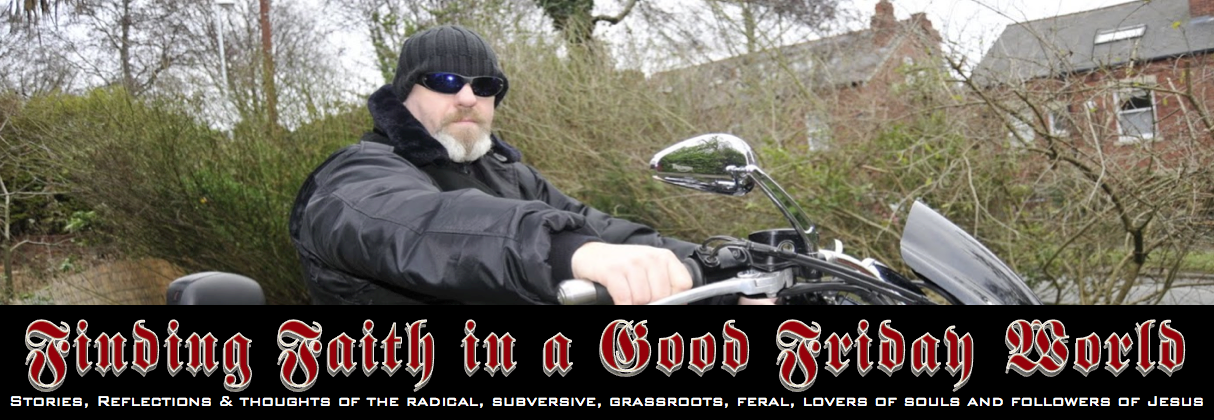Psalm 8
For the director of music. According to gittith. A psalm of David.
1 LORD, our Lord,
how majestic is your name in all the earth!
You have set your glory
in the heavens.
2 Through the praise of children and infants
you have established a stronghold against your enemies,
to silence the foe and the avenger.
3 When I consider your heavens,
the work of your fingers,
the moon and the stars,
which you have set in place,
4 what is mankind that you are mindful of them,
human beings that you care for them?
5 You have made them a little lower than the angels
and crowned them with glory and honor.
6 You made them rulers over the works of your hands;
you put everything under their feet:
7 all flocks and herds,
and the animals of the wild,
8 the birds in the sky,
and the fish in the sea,
all that swim the paths of the seas.
9 LORD, our Lord,
how majestic is your name in all the earth!
how majestic is your name in all the earth!
You have set your glory
in the heavens.
2 Through the praise of children and infants
you have established a stronghold against your enemies,
to silence the foe and the avenger.
3 When I consider your heavens,
the work of your fingers,
the moon and the stars,
which you have set in place,
4 what is mankind that you are mindful of them,
human beings that you care for them?
5 You have made them a little lower than the angels
and crowned them with glory and honor.
6 You made them rulers over the works of your hands;
you put everything under their feet:
7 all flocks and herds,
and the animals of the wild,
8 the birds in the sky,
and the fish in the sea,
all that swim the paths of the seas.
9 LORD, our Lord,
how majestic is your name in all the earth!
Comments from McGurgle:
One human being could not create a giant pyramid in Egypt alone. God created the heavens with a word. The psalmist is very aware of the insignificance of human beings when compared to God, like an ant compared o a person. Yet God cares for each of us, and Jesus said that God even cares for the birds of the air. Imagine the difference between an ant and a person. Imagine a person caring for just one ant moment-by-moment, twenty-four hours a day, seven days a week. Now, remember that God, Who is far greater than the people he created, is caring for us as individual persons moment by moment, twenty-four hours a day, seven days a week. God is that loving and magnificent.We are insignificant in our own eyes when we compare ourselves to our sovereign God, the King of the universe. Yet, God did not make any person insignificant. Each person has value and worth because they are created in the image of God – only a little lower than God himself. We have many, if not most, of God’s attributes in finite miniature. Whereas our existence depends on God, God is so great that God’s existence does not depend on anything or anyone. Now, remember that this God has crowned people with glory and honor. We need to live humbly, yet in a way deserving the glory and honor that God has crowned us with.
What difference does it make to remember that God has created human beings different in kind to animals? What are some of the consequences when people do not view others as having been created in the image of God? How can disbelieving in, or not teaching the true value of human beings as are created in the image of God, lead to the dehumanising and demonising of other people? How might we as disciples teach others the true value of all human life? How might this change society?









